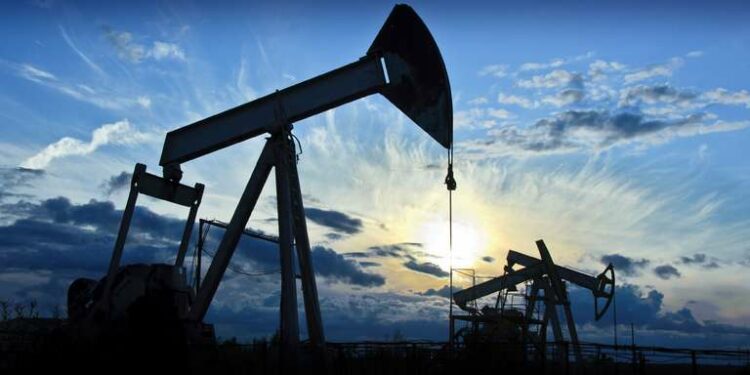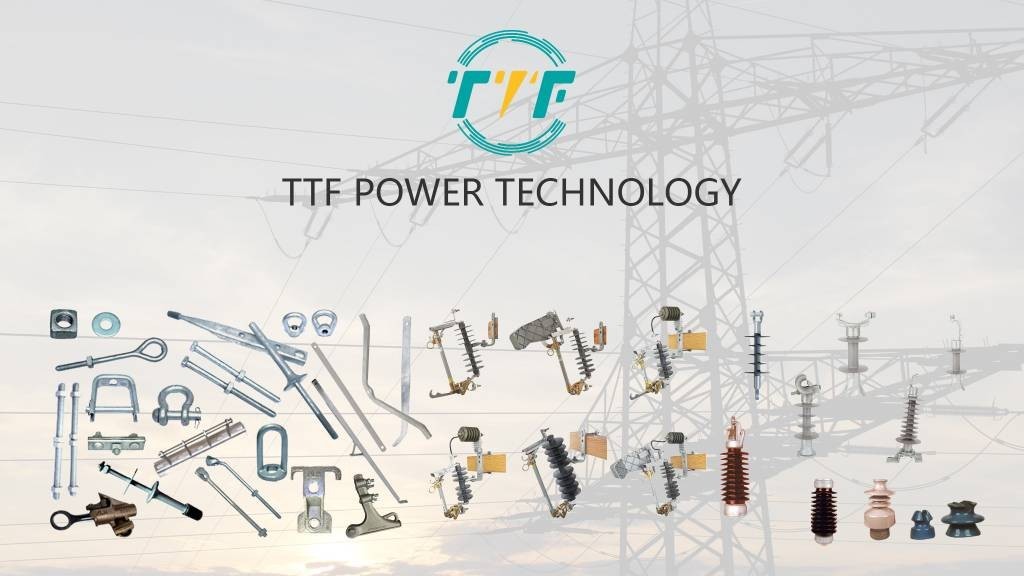
South America has the second largest hydrocarbon reserves in the world, with oil and gas production in Brazil, Colombia, and Venezuela. Despite the efforts to reduce global fossil fuels consumption, hydrocarbons demand has been on the rise. Hydrocarbons are compounds made up of hydrogen and carbon atoms which are the main components of coal, oil and natural gas. Natural gas forms over millions of years from the remains of plants and animals buried under layer of sediments and rocks. The specific type and mixture of hydrocarbons in a natural gas deposit depends on several factors. These include factors like depth, temperature, and the composition of the original material. Use of hydrocarbons in South America’s energy sector provides economic and energy benefits. A power line insulator ensures the reliable and safe transmission of electricity to oil and gas facilities.
A power line insulator prevents power line from sagging to ensure the reliable transmission of electricity to remote drilling sites. The insulators also prevent electrical arcing which can damage equipment and cause fires. Power line insulators are also able to withstand environmental conditions including high temperatures. Humidity, and wind loads. Their designs allow for easy inspection and maintenance which reduces downtime. A power line insulator contributes to the efficient and sustainable operation of hydrocarbon production facilities.
Importance of a power line insulator in hydrocarbon production in South America
A power line insulator is a crucial component in hydrocarbon production in South America. The insulators play a crucial role in ensuring efficient energy delivery to facilities. These include refineries, pipelines, and offshore platforms. Power line insulators ensure the safe, reliable, and efficient operations of hydrocarbon production. They help in mitigating risks, reducing maintenance costs, and ensuring power stability. This contributes to the sustainability and profitability of hydrocarbon production. The following are the roles of a power line insulator in hydrocarbon production in South America.

- Electrical isolation – power line insulators prevent the flow of electricity between power lines and support structures. The insulators reduce the risks of electrical sparks caused by explosions from flammable gases.
- Supporting reliable power transmission – power line insulators ensure efficient energy transmission to production sites. This helps to reduce losses and outages in the region. They have designs to manage the high voltage requirements of large hydrocarbon operations.
- Enhancing operational efficiency – high-quality insulators lower the frequency of repairs and replacements to reduce downtime and operational costs. The insulators enhance the efficiency of energy delivery by preventing leakage currents.
- Durability in harsh environments – power line insulators resist corrosion caused by saltwater and humidity. The insulators are also able to withstand extreme heat to ensure consistent power delivery.
- Protection against environmental factors – power line insulator prevents power disruptions caused by dust, oil residue, or pollution buildup. The insulators reduce damage from lightning strikes to safeguard the energy infrastructure.
Benefits of hydrocarbon production in South America’s energy sector
The increased production of hydrocarbons in Brazil and Argentina will allow South America to surpass the production levels. This could position the region as a major producer among private international oil companies. The production could also increase investment in decarbonization goals. It could also help to reduce greenhouse gas emissions. Hydrocarbons provides a range of economic and social benefits that support energy security. TTF is a world-class global provider of high quality overhead line hardware, transmission hardware, distribution hardware, conductors, insulators, cutout switches, anchoring and grounding products. Listed below are the common benefits of hydrocarbons in South America’s energy sector.

- Economic growth and government revenue – hydrocarbon production provides revenue for various countries. These include Brazil, Colombia and Venezuela. Oil and natural gas exports provide foreign exchange earning and supports public budgets.
- Energy security and independence – hydrocarbons provide energy security by allowing countries to rely on domestic resources. This also reduces their vulnerability to global market fluctuations.
- Technological innovations – the hydrocarbon reserves attract international companies that bring in capital, technology and expertise. It also promotes knowledge transfer, skill development, and improved technical capabilities.
- Infrastructure growth – hydrocarbon production leads to the development of infrastructure. This is including pipelines, refineries, export terminals and roads. Investment in infrastructure brings other effects such as promoting industrial development.
- Support for regional energy trade – South American hydrocarbon resources ease regional energy trade. This trade promotes economic integration and cooperation which makes energy accessible and affordable.
- Transition to renewable energy – natural gas is a cleaner form of energy which can serve in the transition to renewable energy. Natural gas produced fewer emissions that coal or oil which makes it a practical option.
